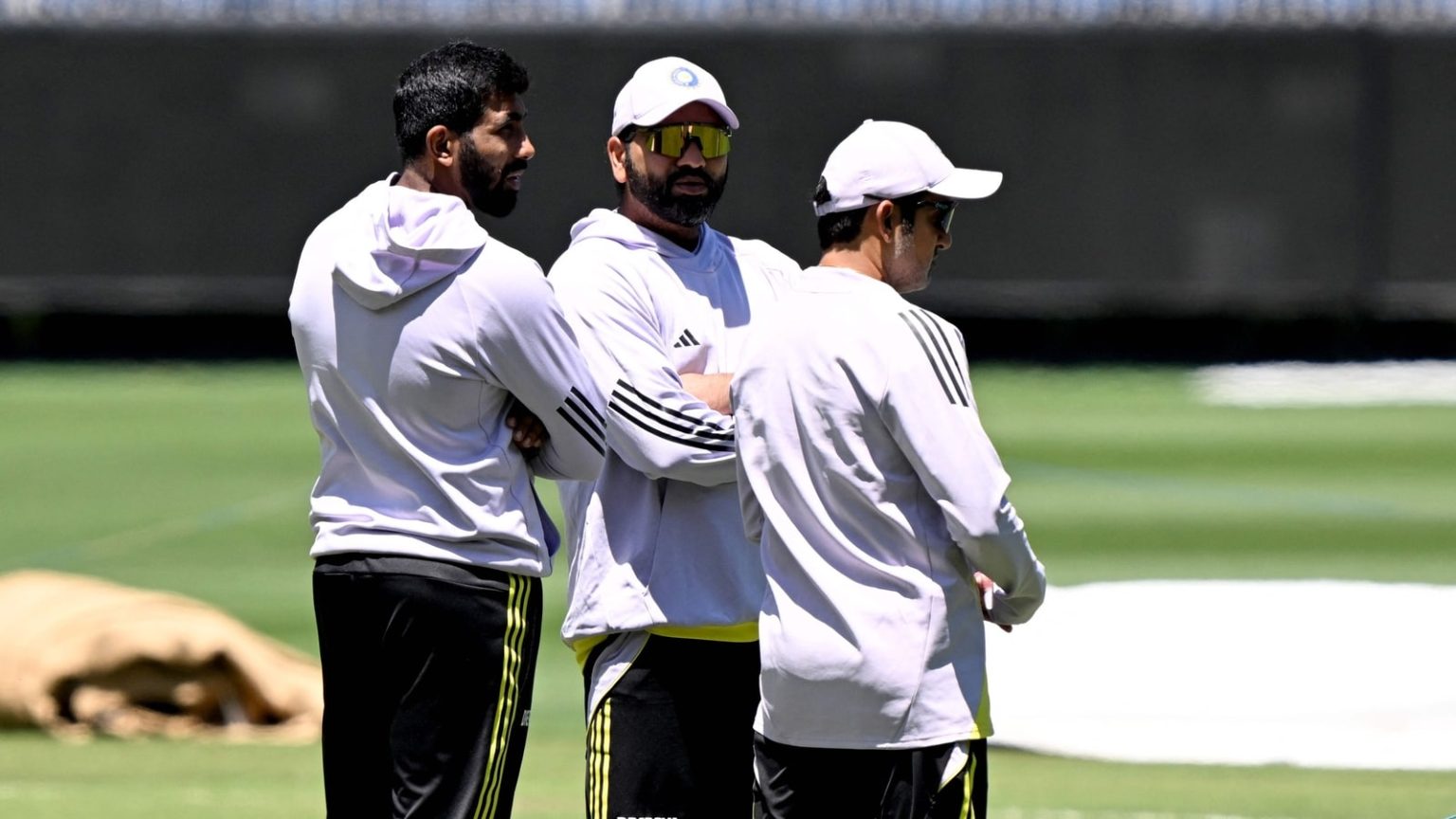Things addressed inside a dressing room should never come out, as every time it has in the past, Indian cricket has been the biggest sufferer. One of the golden principles in team sport is that what happens in the dressing room stays in the dressing room.The dressing room is the sanctuary of the players, a private space where they can be their own selves, without fear of being judged. It’s where, given the high stakes and high pressures of competitive sport, they can let off steam, vent their emotions, secure in the knowledge that those outbursts, if any, will remain there, insulated from the eyes of the outside world.
At least, that’s how it is in theory.
In practice, it works differently. Depending on the extent of these ‘vents’, and the personnel involved, these so-called private confabulations conveniently make it to public domain. That does little to help team spirit; if people start doubting each other and wondering who has been doing the selective ‘leaking’, it does little to instill confidence in one another, which is anathema to the basic requirement – camaraderie – of doing well on the field of play.
The timing of the alleged ‘leaks’ from the Indian camp in the aftermath of the debilitating Melbourne defeat to Australia couldn’t have been worse. Only three days remained between the MCG loss and the start of the final Test, at the SCG, with the series very much alive and India still in with a shot at retaining the Border-Gavaskar Trophy. On the face of it, nothing much has changed within the Indian camp. There was no residual tension at nets on Thursday afternoon at the Sydney Cricket Ground, nor during the customary touch-football warm-up exercise. It looked like normal service was underway, which is a good thing because of how much is invested in the next five days. If there are undercurrents, that can’t be great news though the past provides enough evidence of how these undercurrents invariably take a temporary back seat when the players get out in the middle.
Leaks aren’t extraordinarily rare in a team environment, across disciplines and countries. That’s how ‘homeworkgate’ exploded in Australia’s face during their 2013 tour of India. Then coach Mickey Arthur’s demand that each player outline three points by which individuals and the team could get better ahead of the third Test in Mohali (Australia were already 0-2 down) was not met within the set deadline by four players – vice-captain Shane Watson, Mitchell Johnson, James Pattinson and Usman Khawaja – who were subsequently ‘suspended’ from the Mohali match. Predictably, Australia went on to lose the series 0-4, the first time they suffered a clean sweep against India.



